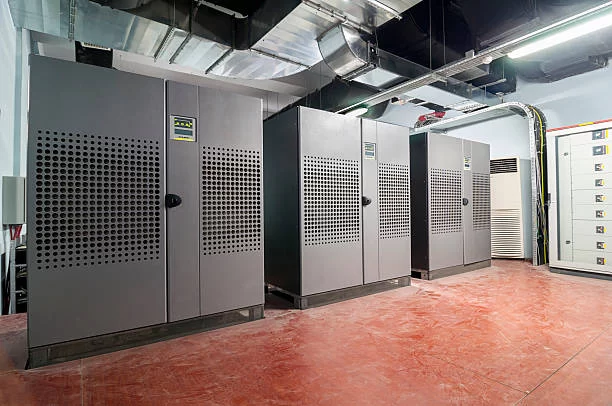Exploring the Benefits of Liquid-Cooled Energy Storage Cabinets for Renewable Energy Systems
Introduction
Liquid-cooled energy storage cabinets are emerging as a significant innovation in the field of renewable energy. As renewable energy systems expand in capacity and complexity, the need for efficient, reliable, and safe energy storage solutions becomes increasingly crucial. This article explores the benefits of liquid-cooled energy storage cabinets and how they can enhance the performance of renewable energy systems.

Enhanced Thermal Management
One of the primary advantages of liquid-cooled energy storage cabinets is their superior thermal management. Unlike air-cooled systems, liquid cooling allows for more efficient heat dissipation, reducing the risk of overheating and ensuring that the energy storage system operates at optimal temperatures. This is particularly important in high-capacity renewable energy systems, where heat generation can be significant.
Increased System Efficiency
By maintaining consistent and lower temperatures, liquid-cooled cabinets can improve the overall efficiency of the energy storage system. Lower temperatures reduce the energy loss that typically occurs in heat-dissipating systems, leading to more efficient energy storage and retrieval. This translates into better energy utilization and reduced operational costs.
Enhanced Reliability and Longevity
Liquid-cooled energy storage cabinets also contribute to the reliability and longevity of renewable energy systems. By preventing overheating and thermal stress, these cabinets reduce the wear and tear on energy storage components, extending their operational life. This reliability is crucial for maintaining the consistent performance of renewable energy systems over time.
Case Study: Liquid-Cooled Storage in Solar Farms
A recent case study involving a large-scale solar farm demonstrated the benefits of liquid-cooled energy storage cabinets. The solar farm, which had previously struggled with overheating issues in its air-cooled systems, saw significant improvements in energy efficiency and system reliability after switching to liquid-cooled storage. This transition not only reduced operational costs but also enhanced the farm’s ability to store and distribute energy more effectively.
Conclusion
Liquid-cooled energy storage cabinets represent a promising advancement in the field of renewable energy. Their ability to manage heat more effectively, improve system efficiency, and enhance reliability makes them a valuable addition to any renewable energy system. As the demand for sustainable energy solutions grows, liquid-cooled storage systems will likely play an increasingly important role in the future of energy management.
